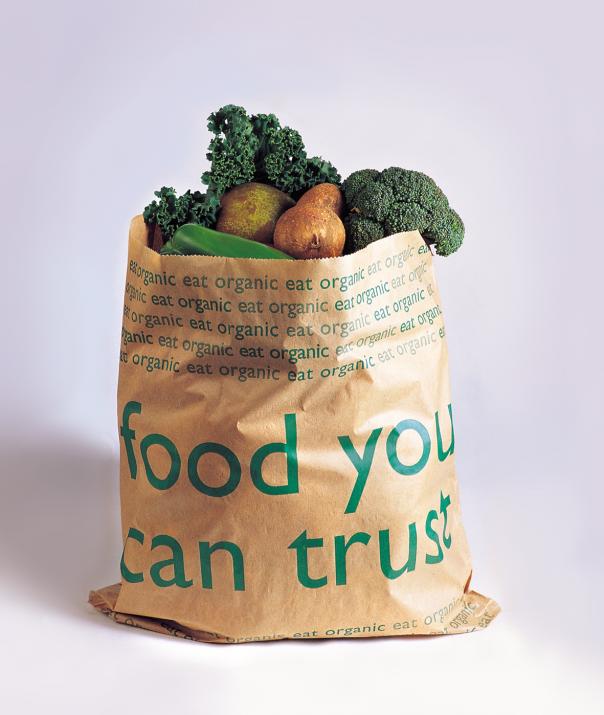

Is it just media bias or are meat products actually proven to be more dangerous to consume than vegetables? STS spokesperson Annabel Kyle suggests that vegetables are not as safe as they seem whereas meat has safety regulations and methods of killing bacteria.
The Food Standards Agency (FSA) found 0.43% of all meat produced in abattoirs is rejected by official inspectors. Raw meat is a ‘low risk product’ if handled correctly and by following these simple rules it should be safe to eat, whether contaminated with bacteria or not.
Control your supply chain
You must ensure that the place you buy your meat from holds and maintains the correct government approvals and is certified to the highest 3rd party audit standard possible.
Undertake spot checks yourself or ask for unannounced audit visits so you can remove the risk that standards are good for announced visits but then drop off when audits are not due.
Ensure that the raw meat is stored safely
Set your expected delivery temperatures with your supplier and actively check them to help to reduce any bacterial growth on the meat prior to preparation.
Control contaminated risks
You should control contamination risks by checking that delivery drivers do not expose meat to contamination during transport. Also avoid washing raw poultry before use as this can contaminate areas of the kitchen.
Cook meat thoroughly
Ensure that meats are prepared and cooked thoroughly is an essential control. Whilst some meats, for example steak can be cooked rare remember that rolled meats should be cooked through. Follow the FSA controls for rare burgers if you are looking at serving them.
Train your staff
Ensure that your staff understand the hazards and controls of raw meat to reduce the risk of contaminating other foods.
Raw meat has had bad press over recent years, whether it’s the horse meat scandal or campylobacter in chicken from supermarkets.
How dangerous are vegetables in comparison to meat? Salad vegetables are sometimes reported as more dangerous than meat, due to the bacteria present in the soil that the salad grows in, whereas with meat these bacteria can be cooked and killed off.
Kyle commented: “The leaves and vegetables used to makes salads can be contaminated in a number of ways: with chemicals from pesticides used when growing the produce, by bacteria which can come from the soil the vegetables are grown in, or from animals and birds which may access the fields these products are grown in.
“As salad leaves and vegetables are not cooked prior to eating, other methods must be used to remove contaminants from the produce.”
This method includes washing all salad produce before use and making sure it is thoroughly agitated in clean water so that chemical and soil residues (such as bacteria) are removed.
The washing of salad produce (and other fruit & vegetables to be eaten uncooked) is the only method available so food businesses need to ensure their process is suitably robust and that staff are fully trained in the correct procedure.
Healthy eating campaigns have boosted the demand for salad. However salad can cause food-related illnesses because it is grown in the soil and some pathogens can only be killed through heat or strong detergents, not just water. Abattoirs and meat cutting plants have standards, which are assessed by the FSA.
However, controls need to be implemented at all stages of the food supply chain to make sure that the consumer is happy and healthy after eating.
![]()